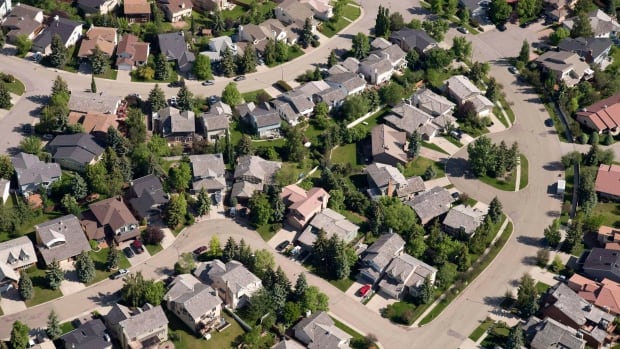Calgary council has decided against adding 11 new communities to the city’s outskirts.
Councillors voted 13-1 Tuesday evening to:
- Invite the developers behind the business cases to resubmit their applications in 2022.
- Encourage landowners in new neighbourhoods that are in the works to maximize development in those areas.
- Request administration develop new forecasts for housing supply and demand.
Coun. Ward Sutherland was the only vote against.
“Of course we want investment. Construction and development jobs are important. But, we have to be really smart about where we make those investments and we are spreading our tax dollars thin,” Coun. Evan Woolley said, adding that he felt he made a mistake voting for new communities two years ago.
Administration had recommended council reject all 11 applications given the current state of the market and the diminished demand for new housing.
Unsold homes in the city are in the hundreds, nearing a two-decade high, and the city has a 12-year supply of single family homes and 18 years of multi-residential homes.
In 2018, council approved 14 new communities despite the fact city administration only recommended approving eight, based on lower demand for new housing.
That decision added about 0.75 per cent to property tax bills in 2019, and utility rates will increase 0.5 per cent annually until 2022.
Last year, council learned it was too late to renege on that decision in light of a worsened financial situation that saw cuts to emergency services, transit and affordable housing, as the land was already in the hands of developers.
Coun. Druh Farrell said people in her ward were concerned a new downtown fire hall could be relocated to the city’s outskirts should the new areas be approved.
“Are we going to be looking at more tradeoffs until we come up with a better way to build our city?” she asked.
Coun. Joe Magliocca, who had put forward a defeated motion in favour of some of the cases, had argued construction workers would be laid off if more neighbourhoods aren’t built.
“These business cases represent about 20,000 jobs, they’re new tax revenue for the city,” he said.
But administration said no net new jobs would have been created by the new developments, as building activity wouldn’t increase — it would just take place in a different area.
The city also pointed to how increased development would increase greenhouse gas emissions — something Alberta is seeing the impacts of.
“What we do see here in Alberta is that our weather will become more extreme, it will become more severe and more intense,” Dick Ebersohn, the city’s climate change manager, said.
Administration had also said adding the new communities would have added $18.8 million in costs over three years.

Devoted web advocate. Bacon scholar. Internet lover. Passionate twitteraholic. Unable to type with boxing gloves on. Lifelong beer fanatic.





